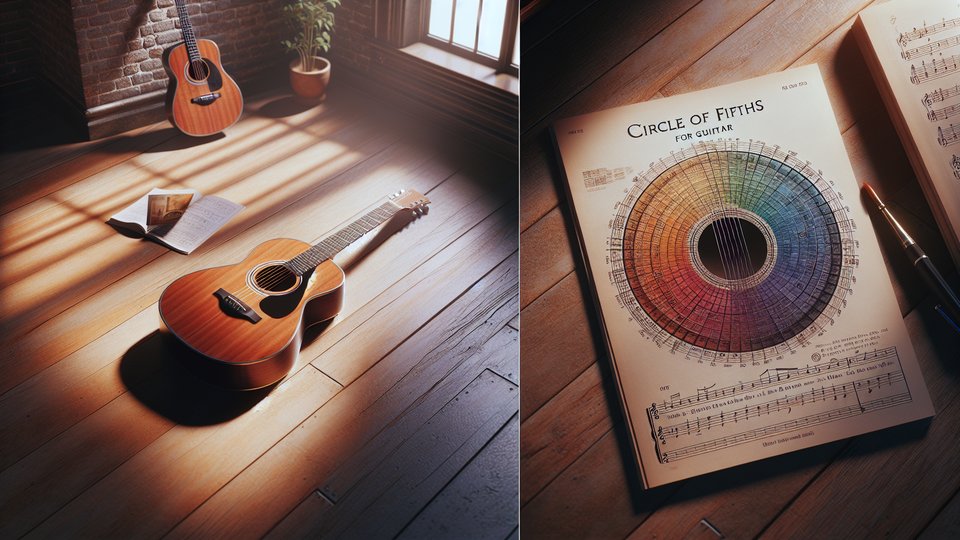
Understanding guitar scales is fundamental for any aspiring guitarist looking to improve their playing skills and overall musicality.
Understanding guitar scales is fundamental for any aspiring guitarist looking to improve their playing skills and overall musicality. Scales are the building blocks of music and provide the framework for creating melodies, improvising, and composing music. In this blog post, we will delve into the basics of guitar scales and how they can benefit your playing.
First and foremost, it's essential to grasp the concept of scales as a series of notes played in a specific order. Each scale has a unique sound and character, allowing you to evoke different emotions and moods in your music. By learning and understanding scales, you expand your musical vocabulary and enhance your ability to express yourself on the guitar.
One of the most common scales in Western music is the major scale, which consists of seven notes arranged in a specific pattern of whole and half steps. Mastering the major scale is crucial as it serves as the foundation for many other scales and modes. Utilising online tools such as a fretboard note learning tool can aid in memorising the notes of the major scale across the fretboard.
Another essential scale to explore is the natural minor scale, which has a darker and more melancholic sound compared to the major scale. Understanding the relationship between major and minor scales is key to creating tension and resolution in your music. Ear training tools can help develop your ability to recognise and internalise the sound of different scales.
When it comes to navigating the fretboard, recognising triads all over the neck can be more beneficial than relying solely on the CAGED system. Triads are three-note chords that form the basis of harmony in music, and visualising them across the fretboard can enhance your understanding of chord construction and improvisation. A triad visualisation tool can assist in identifying and practising triads in different positions on the guitar.
In conclusion, mastering guitar scales is essential for any guitarist looking to advance their skills and musical knowledge. By familiarising yourself with different scales, understanding their unique characteristics, and utilising online tools for practice and learning, you can elevate your playing and unlock new creative possibilities on the guitar.

Remember, practice and consistency are key when it comes to mastering scales and integrating them into your playing repertoire. Whether you're a beginner or an experienced guitarist, dedicating time to study and explore scales will undoubtedly enhance your musical journey. So, grab your guitar, dive into the world of scales, and let your creativity soar!
